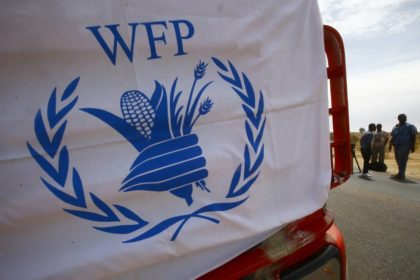RASC: In response to the closure of a local media outlet in Balkh province, the support organization of Afghanistan’s free media known as “Nai” has said that the scope of information and freedom of expression will narrow and a large group of journalists and media workers will become unemployed.
On Thursday, July 13, this organization published a statement saying that it is extremely worried about the blocking of information sources.
Recently, the broadcasts of the local radio “Nahad” in Balkh have been stopped.
Najib Paikan, the licensee of Radio Nehad, stated that the reason for stopping the broadcasts of this local radio is economic problems, the high price of electricity, the lack of support from sponsoring institutions, and the challenge of accessing information.
Paikan says that Paikan TV broadcasts on social networks have also been stopped. The publication of this media was stopped after the rule of the Taliban group, but it continued its activities on social networks.
(Nai) said that in the last two years, he has witnessed the suspension of media publications all over the country.
This organization added: “One of the achievements of the past twenty years is the presence of mass media and media pluralism in Afghanistan, which unfortunately, this twenty-year achievement is deteriorating in the current situation.”
(Nai) added that with the suspension of the media, not only the scope of information and freedom of expression has become narrower, but also a large group of journalists and media workers have become unemployed, “continuing to survive is a burden for them.”
According to this institution, following the political developments in the country, nearly half of the media in Afghanistan have stopped their activities.
With the media shutdown, more than 65 percent of journalists and media workers have become unemployed.
(Nai) added that he witnessed “unprincipled clashes” with journalists.
According to this institution, in the past month, nearly 10 cases of unprincipled attacks against journalists inside and outside Afghanistan have been recorded, and the continuation of such a situation has made the work of journalists and information providers difficult and has put journalists in an atmosphere of fear.






